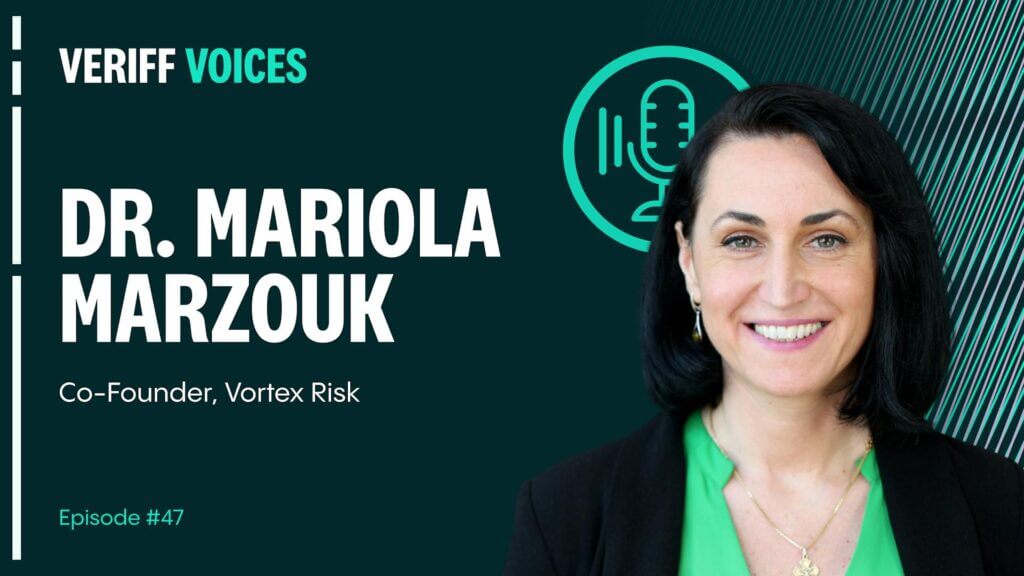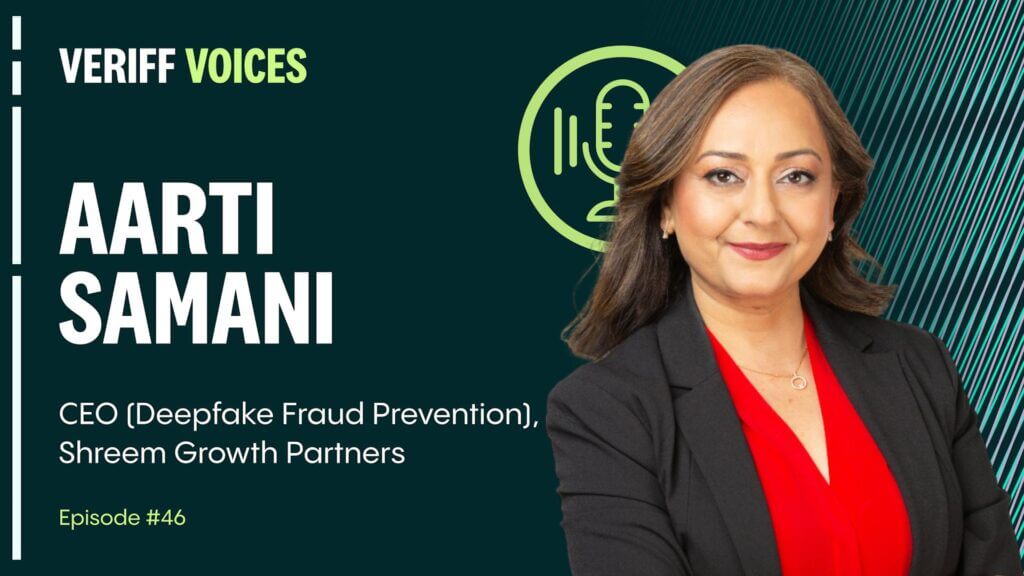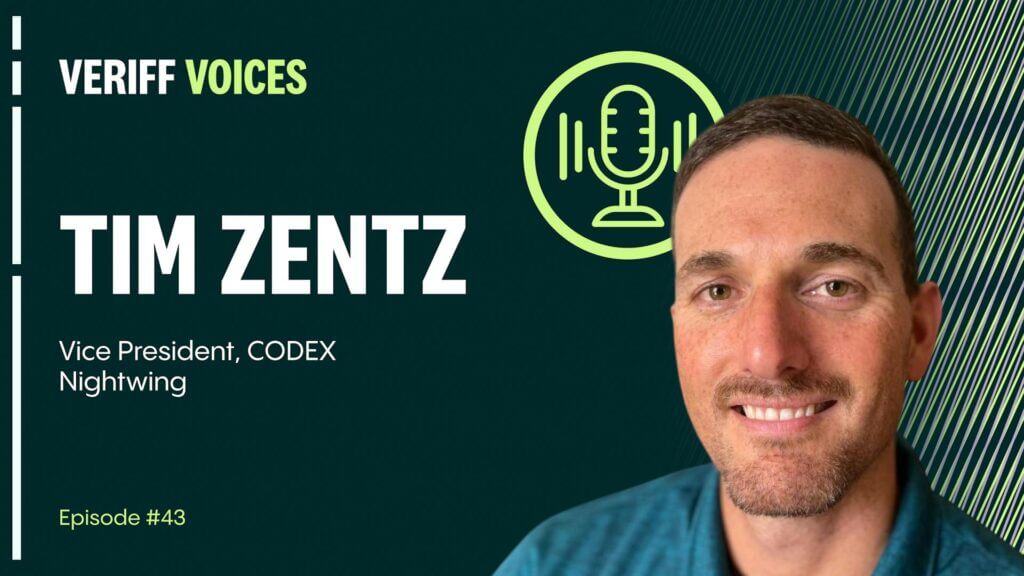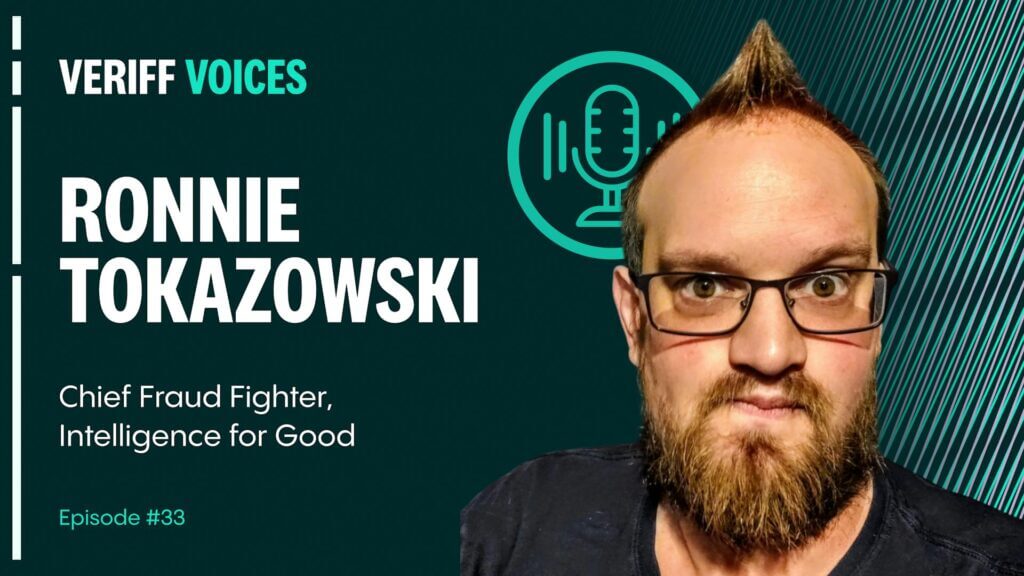Podcast
Crypto saving: bridging the trust gap
Crypto is moving rapidly towards the mainstream, but consumer confidence in alternative currencies remains an obstacle to wider uptake. We spoke to Boris Hirmas and Rafael Vargas of LATAM crypto savings startup Bitsafve about why identity verification is key to building trust in the space.
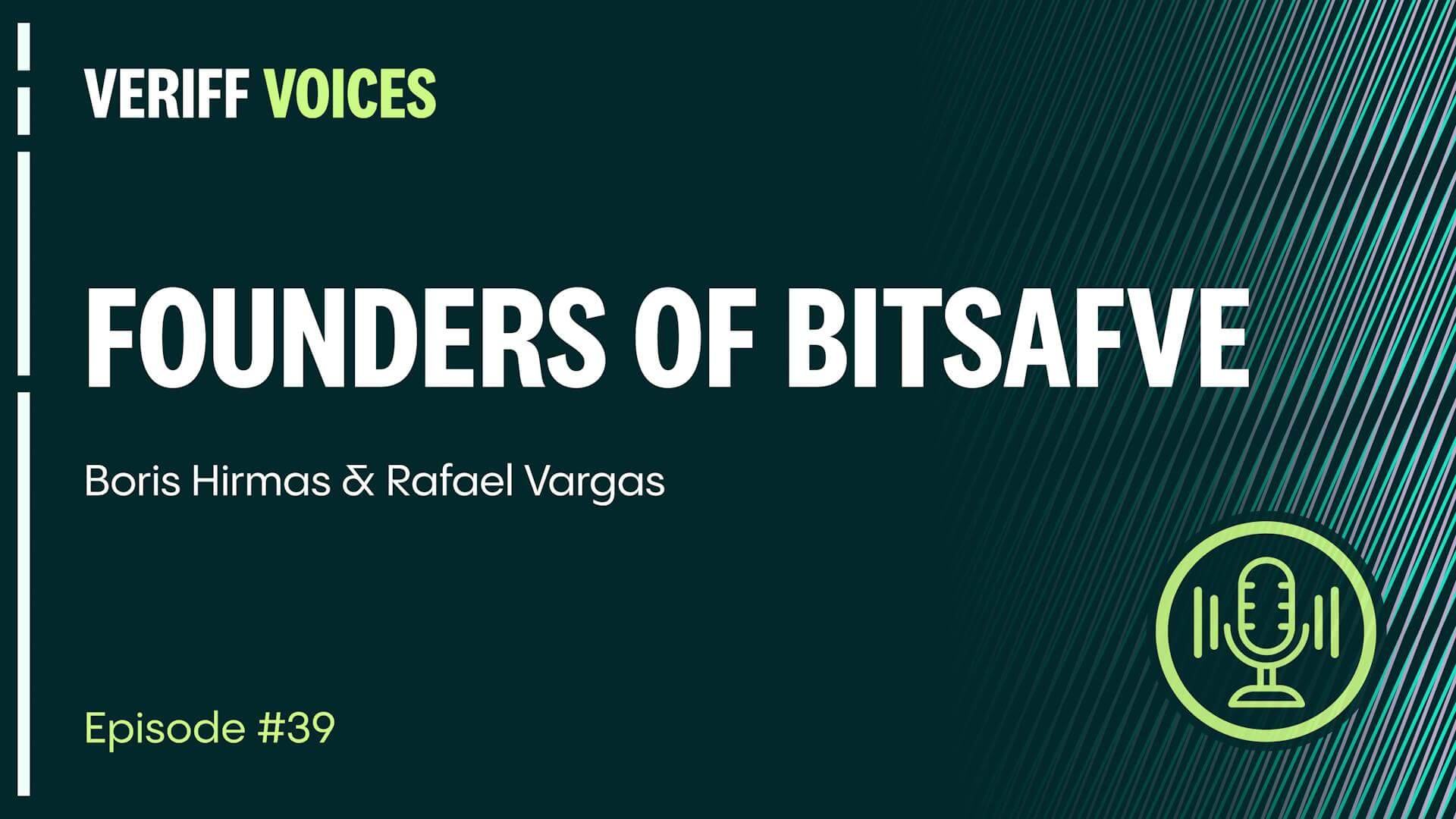
Listen to full conversation with Boris and Rafael now!
Crypto had a surprisingly good 2024. In January, the US Securities and Exchange Commission approved the first 11 Bitcoin exchange traded funds (ETFs). In March, the sentencing of crypto ‘poster boy’ Sam Bankman-Fried for multiple counts of fraud in March 2024 drew a line under the collapse of cryptocurrency exchange FTX – a controversy that had gained major media attention and stained the reputation of crypto in the eyes of the public. Once the dust had settled, the price of Bitcoin began to surge in October, with other cryptocurrencies riding its coattails. And before December was over, the price of a single Bitcoin had repeatedly broken the mythical US$100,000-dollar mark.
A question of trust
Levels of trust in crypto are increasing – somewhat. A survey by Deutsche Bank of 3,600 consumers published in April 2024 found that more than half (52%) of respondents expected cryptocurrencies would be an ‘important asset class and method of payment transactions’ in future – up from 40% just seven months earlier. Yet the number of participants in the crypto market remains relatively small and is heavily biased towards so-called ‘crypto evangelists’ and professional investors.
Crypto with a mission
Boris Hirmas and Rafael Vargas are certainly enthusiastic about the potential of alternative currencies. But they’re not your typical crypto bros, and their platform, Bitsafve, intends to be more than just another cryptocurrency exchange.
“BitSafve was conceived with a strong social component in mind,” explains Boris. “We want to foster the habit of saving throughout Latin America. “No matter what age, what interest, what gender, whatever your background, saving is common ground for all of us. You need savings for when you’re young, when you’re old, with kids, without kids, launching a business…”
In contrast with the relatively casual relationship most crypto exchanges maintain with their customers, Bitsafve’s success will depend on nurturing long-term relationships with its customers.
“I’m not shy about saying we are offering an old school savings platform for the new digital assets,” says Boris. This makes closing the trust gap even more important for Bitsafve than for other crypto platforms.
Secrecy versus transparency
Rafael agrees that while encryption and secrecy are key to making cryptocurrencies secure, transparency is a key challenge in providing crypto services to a wider audience.
“You have cases like FTX, and in the past, Mt. Gox (an early Bitcoin exchange that was handling around 70% of global Bitcoin trades when it filed for bankruptcy in 2014) that badly misused the money of the people on their platforms.”
However, Boris believes we are now at what may turn out to be a tipping point.
“This is a particularly delicate moment in my opinion, because the market needs to be reassured around transparency, reassured that the crypto ecosystem will evolve into a trustworthy one where every participant has a fair opportunity.”
Building a better understanding of the crypto market
Given that Bitsafve’s mission is to demystify and open up the crypto market to a wider audience of Latin American consumers, the founders see part of their role as educational. One aspect they point to is that the market is increasingly diverse and nuanced.
“We need to teach people how to be discerning,” says Boris. “You have Bitcoin, you have Ethereum, you have the Digital Dollar (a fully reserved stablecoin pegged directly to the US dollar to ensure price stability). Then you have more speculative, more volatile options – and that’s fine as long as the consumer is aware of what he’s investing in.”
The role of verification in crypto trading
One thing Bitsafve are emphatic about is the importance of effective identity verification.
“Our minimum viable product cannot happen without proven digital verification,” says Boris. “It’s simply one of the pillars, not only of crypto, but of any platform that deals with assets being exchanged. There’s no room for mistakes.”
Bitsafve consider verification not only as important from a compliance standpoint, but as a means of building trust with their customers.
“Digital verification helps the customer move along the process, proves their identity for us, and makes the customer mindful of what they’re doing,” says Boris. “It provides peace of mind to the customer and makes us trustworthy in their eyes.”
The pillar of trust needs to be verification. Whenever you’re moving someone else’s assets, you need to be very careful. Whether it’s a digital asset, whether it’s property, whatever you’re talking about – you need to verify.”
We couldn’t have put it better ourselves!

Veriff Voices
Listen to the full conversation with Boris and Rafael and explore more Veriff Voices podcast episodes.




